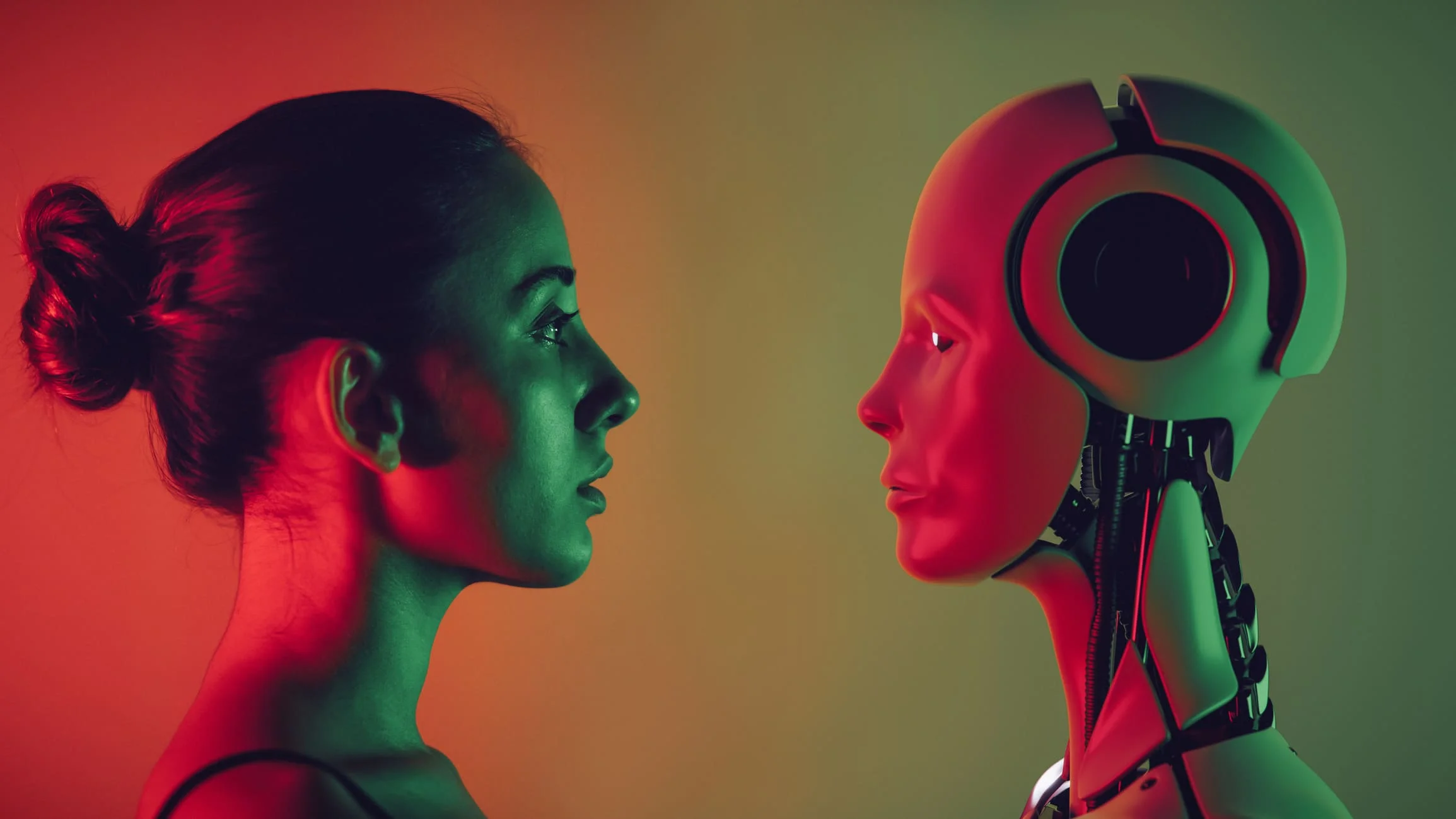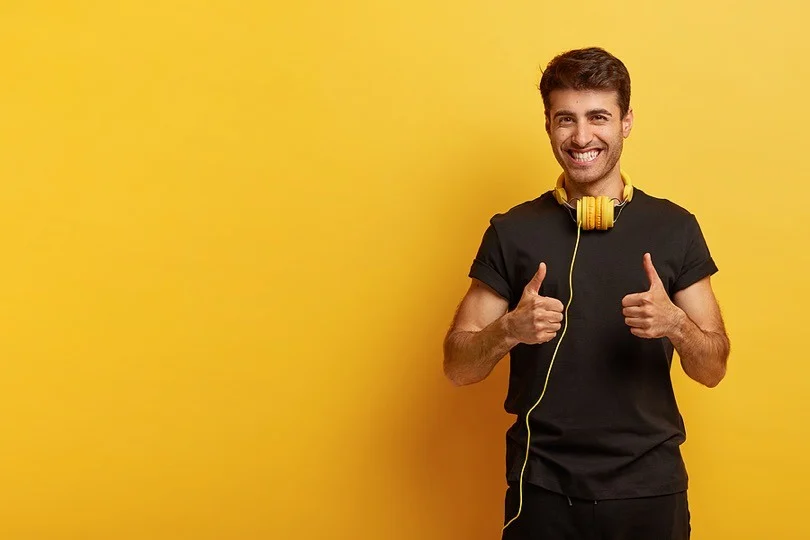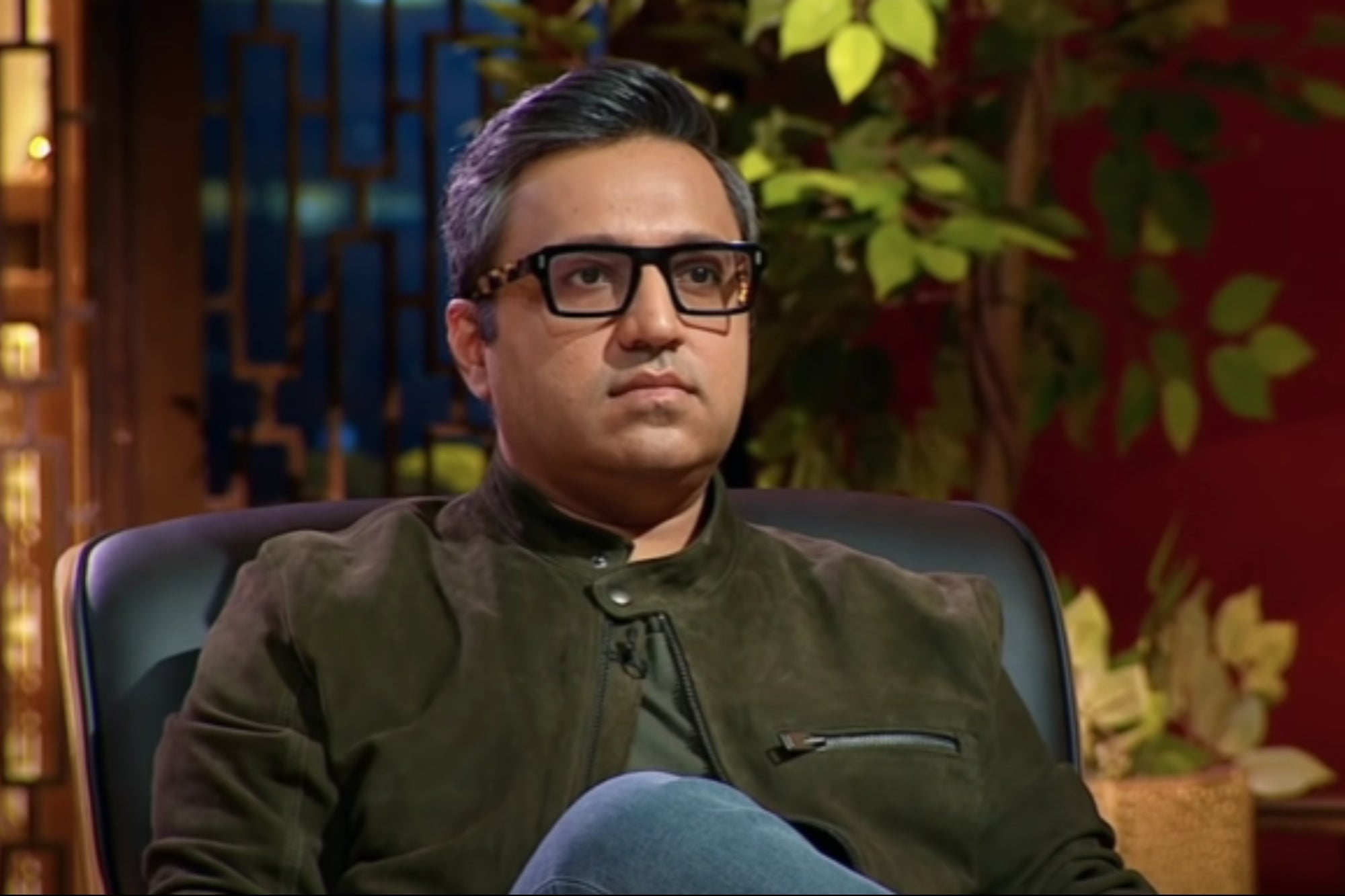The world of AI Art is rapidly evolving, and with it comes a growing concern for artists and content creators: how their work is being used to train the powerful algorithms that generate these creations. OpenAI, the company behind the popular ChatGPT program, recently announced a new tool that aims to address this very issue. This tool promises to give artists more control over their data by allowing them to opt-out of having their work included in the massive datasets that fuel AI Art development. But is this a definitive victory for artists, or is the picture a bit more complex?
A Step in the Right Direction
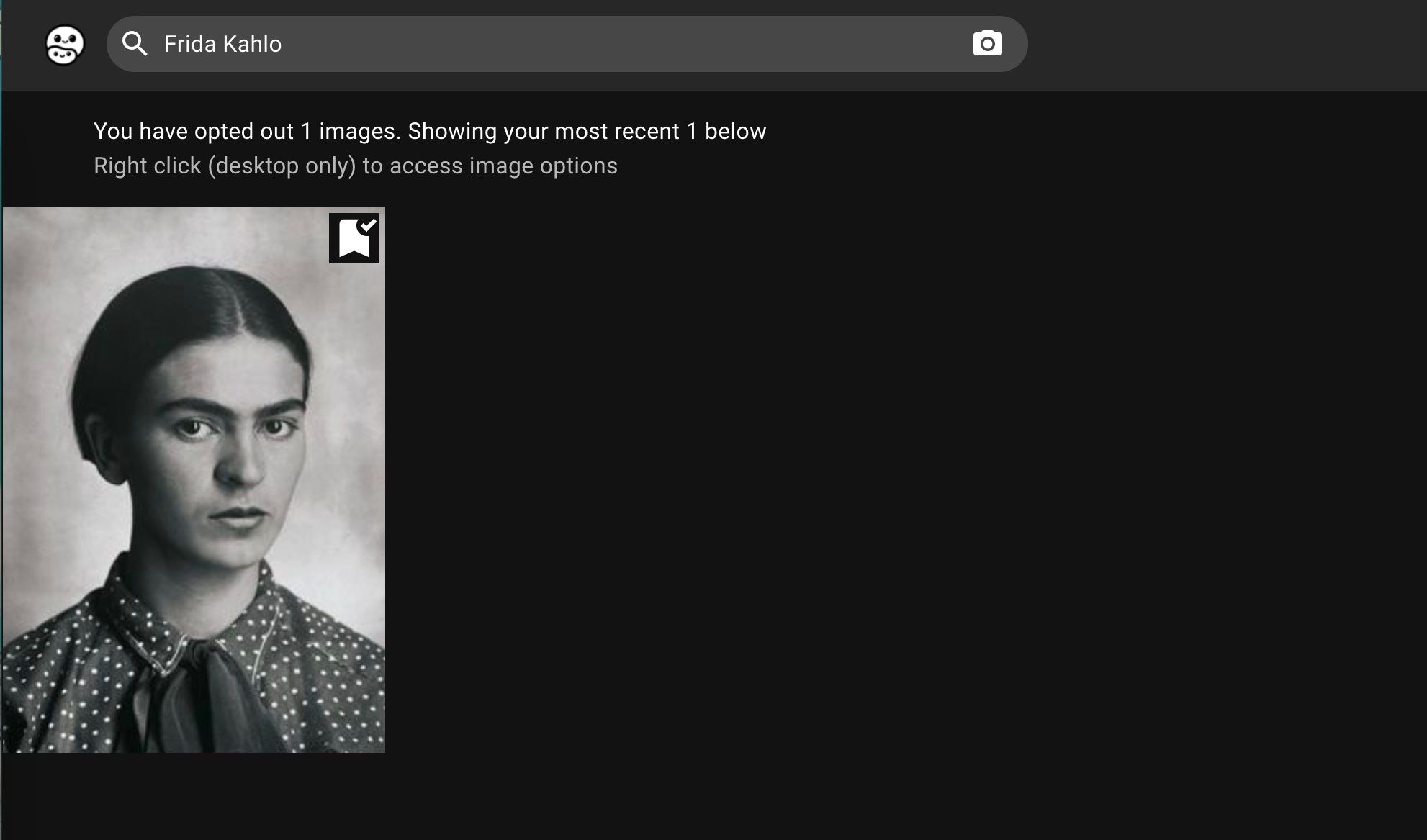
On the surface, OpenAI’s announcement seems like a positive development. Artists have long expressed concerns about their creations being used to train AI models without their consent or compensation. This opt-out system acknowledges these concerns and offers a way for artists to assert some control over their work in the digital age.
Imagine a musician who doesn’t want their unique composition used to train an AI music generator. Or a photographer who prefers their images not to be part of a program that creates hyperrealistic landscapes. With this opt-out system, they would theoretically have a mechanism to prevent that from happening.
How Will This Opt-Out Work?
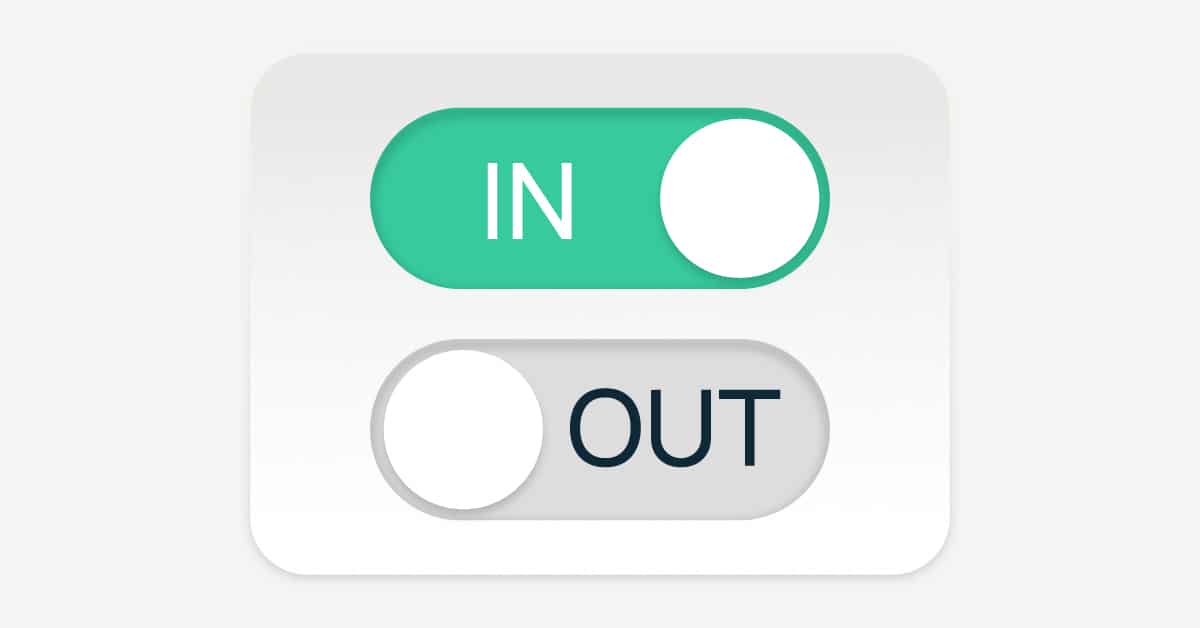
However, the devil is often in the details, and in this case, the details are shrouded in a bit of mystery. OpenAI hasn’t yet revealed exactly how this opt-out system will function. Here are some key questions that remain unanswered:
- Central Registry or Wild West? Will there be a central registry where artists can submit opt-out requests? Or will it be a more decentralized system, leaving it up to artists to police their work across the vast expanse of the internet?
- The Burden of Proof: How Do Artists Prove Ownership? In the digital age, ownership can be a complex issue. How will OpenAI verify that someone requesting an opt-out is the legitimate owner of the work in question?
- Enforcement: Can We Trust the System? Even with a well-designed opt-out system, how will OpenAI ensure that it’s being followed? Can artists be confident that their work won’t be used to train AI models regardless of their opt-out status?
The lack of clear answers to these questions makes it difficult to gauge the effectiveness of OpenAI’s opt-out tool. It’s a promising idea, but its real-world impact hinges on the specifics of its implementation.
What Does This Mean for Artists?
Despite the uncertainty, OpenAI’s announcement offers a glimmer of hope for artists who are wary of AI’s potential impact. Here’s how it might play out:
- A Voice in the Machine: If implemented effectively, this opt-out system could give artists a say in how their work is used to train AI models. This could lead to a more ethical and respectful approach to AI development, where artists are acknowledged as partners in the process.
- A Wait-and-See Approach: With the specifics unclear, it’s too early to celebrate complete victory. Artists should remain cautious until they understand how much control this opt-out system truly offers.
Beyond the Opt-Out: AI Art
OpenAI’s announcement is just one piece of a much larger conversation about AI development and the ethical use of creative data. Here are some additional points to consider:
- Transparency is Key: OpenAI, and other AI developers, need to be more transparent about how they source data for training their models. This will help build trust with artists and content creators.
- Fair Compensation: A more robust conversation is needed around fair compensation for artists whose work is used to train AI models. Should artists receive royalties or other forms of compensation when their work helps generate creative outputs?
- AI for Good: AI has the potential to be a powerful tool for artists. There needs to be a focus on developing AI that complements artistic expression, rather than simply replicating it.
The relationship between AI and artists is still evolving. OpenAI’s opt-out system is a step in the right direction, but it’s just that – a step. The journey towards a more balanced and ethical approach to AI development requires ongoing communication, collaboration, and a commitment to fairness for all creative minds.
Please share your thoughts in the comments. At theproductrecap.com, we are open to friendly suggestions and helpful inputs to keep awareness at peak.
